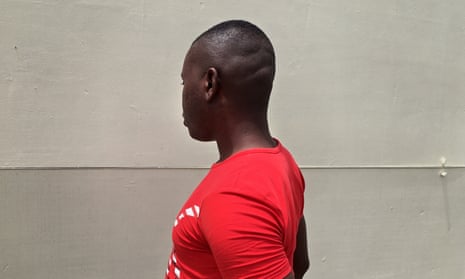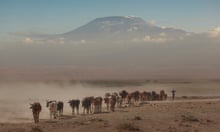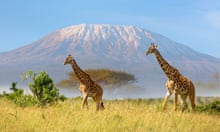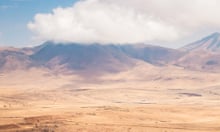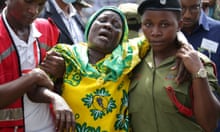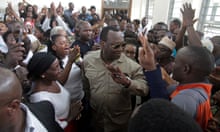A Tanzanian official said he has received thousands of messages after ordering the public to report the name of any person suspected of being gay.
Paul Makonda, regional commissioner for Dar es Salaam, made the request on Monday, pledging that a special team would “get their hands on them” next week. By Tuesday, he said he had already received 5,763 messages from the public, with more than 100 names.
A 17-member committee will also be established to identify gay people on social media and arrest them.
Many LGBT activists, who fear violent attacks from police and members of the public, have either fled their area or remain shut in their homes.
“Every gay person is living in fear. Even the parents of gay children are also living in great fear,” said Geofrey Mashala, a Tanzanian LGBT activist now living in California.
Homophobic attitudes are rife in Tanzania, and activists believe Makonda’s statement will further fuel violence. “People have become very powerful to attack people,” he said. “If you are on the bus or walk on the street and maybe two or three guys start to shout: ‘Hey, he’s a gay, he’s a gay’. Suddenly, 10 people can join these two people, or 20 people, and start attacking you on the street.”
“You cannot do anything. You cannot go to the police. You cannot ask people to help you,” said Mashala, who is making a documentary about the Tanzanian LGBT community.
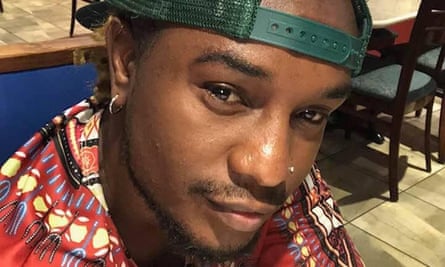
Gay rights in Tanzania have gone backwards over the past three years, he added. “All the steps we made as LGBT activists – it’s like we have to start over again.”
One prominent activist in Tanzania, who asked not to be named, said a friend was arrested in the capital on Tuesday night. “He is still in custody, but I don’t know what’s going on because no one can go to the police station to find out,” he said. “The harassment he will face from the police – I cannot even begin to imagine how hard it will be for him.”
“They take you to custody and tell other men: ‘This one is gay, you can do anal sex with them because he enjoys it in the streets.’” the activist said, adding that he was in police custody for six days last year.
“For me, luckily I didn’t get raped – but some of my friends did. I remember staying for two days without eating, and not even drinking anything,” he said.
Erin Kilbride, media and visibility coordinator for the human rights group Front Line Defenders, said violence by police is common. Of 80 LGBT people and sex workers Kilbride interviewed over the summer, all but two said they had been sexually assaulted or raped by police in custody. One female sex worker told Front Line Defenders she had been forced by police to crawl through sewage in Mwanza.
Front Line Defenders has assisted activists thought to be most at risk to leave their home areas. “Those who can afford a night in a hotel, which most likely wiped out their bank account, have done so,” she said, adding that this leaves even less support for people who remain. Female sex workers have also contacted Front Line Defenders to ask for assistance, fearful that they too could be targeted.
Gay male sex is punishable by 30 years to life in jail, a legacy of British colonial-era laws. Over recent years, a crackdown on LGBT communities has led to the closure of organisations supporting gay people, and a ban on the distribution of lubricants through HIV programmes. Last year, the Tanzanian president, John Magufuli, said “even cows” disapprove of homosexuality.
LGBT people in Tanzania are forced to keep a low profile. “If it ever gets noticed that you are an LGBT activist you will be arrested and they might just silence you in a way that people will never know,” said Mashala.
The human rights group Equality Now said Makonda’s statement was alarming. “The governor’s statement flies in the face of human rights and violates international human rights,” said Tsitsi Matekaire, the group’s End Sex Trafficking global lead.
